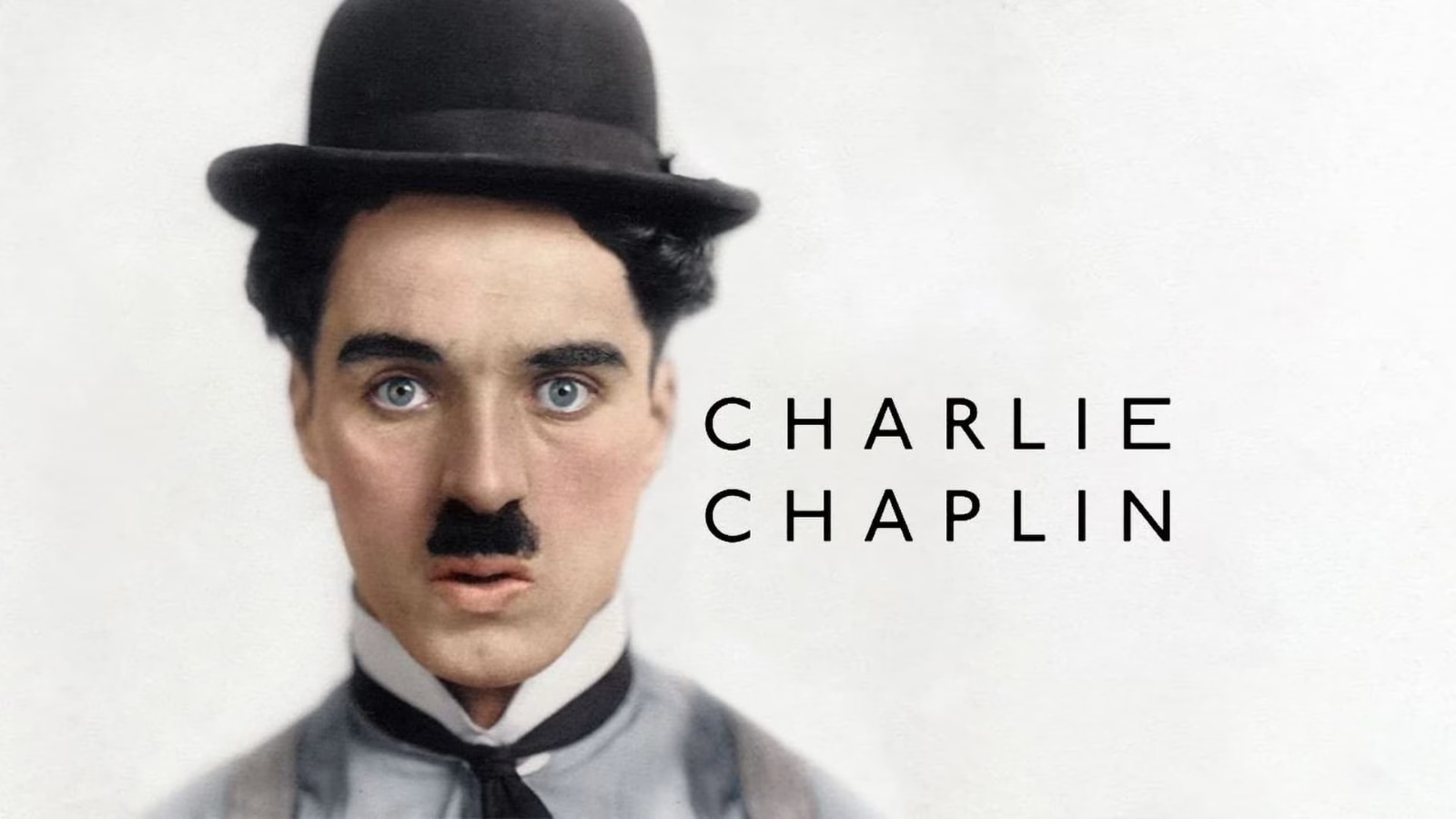Derek Cianfrance’s new film Roofman is one of those rare works that takes the sheer strangeness of a true-crime story and turns it into a surprisingly warm, nuanced, and deeply emotional character study. Adapted from the almost unbelievable life of Jeffrey Manchester—one of America’s oddest criminal figures—the movie paints a portrait of a man trapped between crime, identity, and the longing for family, anchored by what may be the peak performance of Channing Tatum’s career.
The Absurdity of the True Story and Cianfrance’s Emotional Approach
Manchester earned the nickname “Roofman” by breaking into McDonald’s restaurants through their roofs. But what truly defies belief is that, after escaping prison, he lived undetected for six months in the attic space of a nearby Toys “R” Us—a scenario that belongs in the “strategic fantasy” category.
Rather than getting swept up in the media storm that the absurdity generated, Cianfrance homes in on the human layers beneath. Built from four years of conversations with the real Manchester, the film follows the same vein as Blue Valentine and The Place Beyond the Pines: a close look at flawed masculinity struggling to stay afloat—fragile, floundering, and often incapable of being honest even with itself.
Channing Tatum: A Grown Man Who Remains a Child Inside Crime
The film’s greatest strength is the dramatic space Cianfrance gives Tatum. He embodies all of Manchester’s contradictions at once:
- a giant child hiding inside a toy store,
- an adult searching for a second chance at romance,
- a fugitive whose breathing room keeps shrinking.
That multiplicity of identity seeps into the film’s tone. Roof-top McDonald’s heists sit alongside the gentle disorientation of living among teddy bears, making you feel as if you’re simultaneously watching a minimalist crime thriller and a tender romantic drama.
Love, Identity, and the Search for Escape
The bond Manchester forms with Jade, an employee at the toy store, becomes the dramatic spine of the film. Cianfrance treats romance not as decoration but as the character’s riskiest choice. Every moment Jeffrey glimpses the possibility of a new life, the ceiling he’s hiding under seems to lower a little more.
Especially in the middle section, the film deliberately slows its pace to make visible the vice between “the hope of building a good life” and “the reality of being caught.” Jeffrey’s tender connection—under a false identity—with Jade and her two young daughters invites the audience into both empathy and unease.
Tone, Atmosphere, and Late-’90s/Early-2000s Melancholy
By setting the story between the late 1990s and early 2000s, Cianfrance conjures a powerful sense of nostalgia:
- shuttered Blockbuster stores,
- payphones that leave no fingerprints,
- wide toy-aisles perfect for hiding.
That nostalgia runs parallel to Manchester’s own escape fantasy. The toy store is not only a physical hiding place but a symbol of the desire to return to the safety of childhood.
Crime, Fatherhood, and Unclosed Loops
Like many American criminal anti-heroes, Roofman also points to systemic failures:
- lack of support for veterans,
- economic pressures,
- the fragility of father-child relationships,
- the clash between the desire to “be a good person” and the wrong methods chosen to get there.
The “home” Manchester seeks in Jade’s daughters may be the sum of every life he’s ever run from. The film never romanticises his punishment; on the contrary, it ends with the heavy yet necessary face of surrendering to reality, accompanied by an emotional farewell.
Critical Response: Praise for Tonal Balance and Performance
Among 121 critic reviews, the recurring headlines are:
- “Far more emotional and heartfelt than expected”
- “One of Tatum’s finest performances”
- “A powerful father-child tragedy beneath the crime story”
Some viewers complain about a “slowdown in rhythm” in the middle section—an inevitable consequence of Cianfrance’s preference for character depth.
An Unexpected Tenderness Born from an Outlandish Crime Story
Roofman is one of those rare films that takes the laugh-out-loud absurdity of a true crime and extracts from it an emotionally delicate portrait of a human being.
With Cianfrance’s direction, Tatum’s extraordinary performance, and the dramatic possibilities offered by the story itself, the result is a movie that both envelops and provokes thought. Roofman doesn’t try to sell “the fun side of crime”; instead, it examines the search for authenticity even in a person’s most desperate moments.
Final verdict: Roofman is a layered, unforgettable anti-hero story standing at the intersection of crime, identity, family, and masculinity—a strong recommendation for anyone seeking exactly that.














